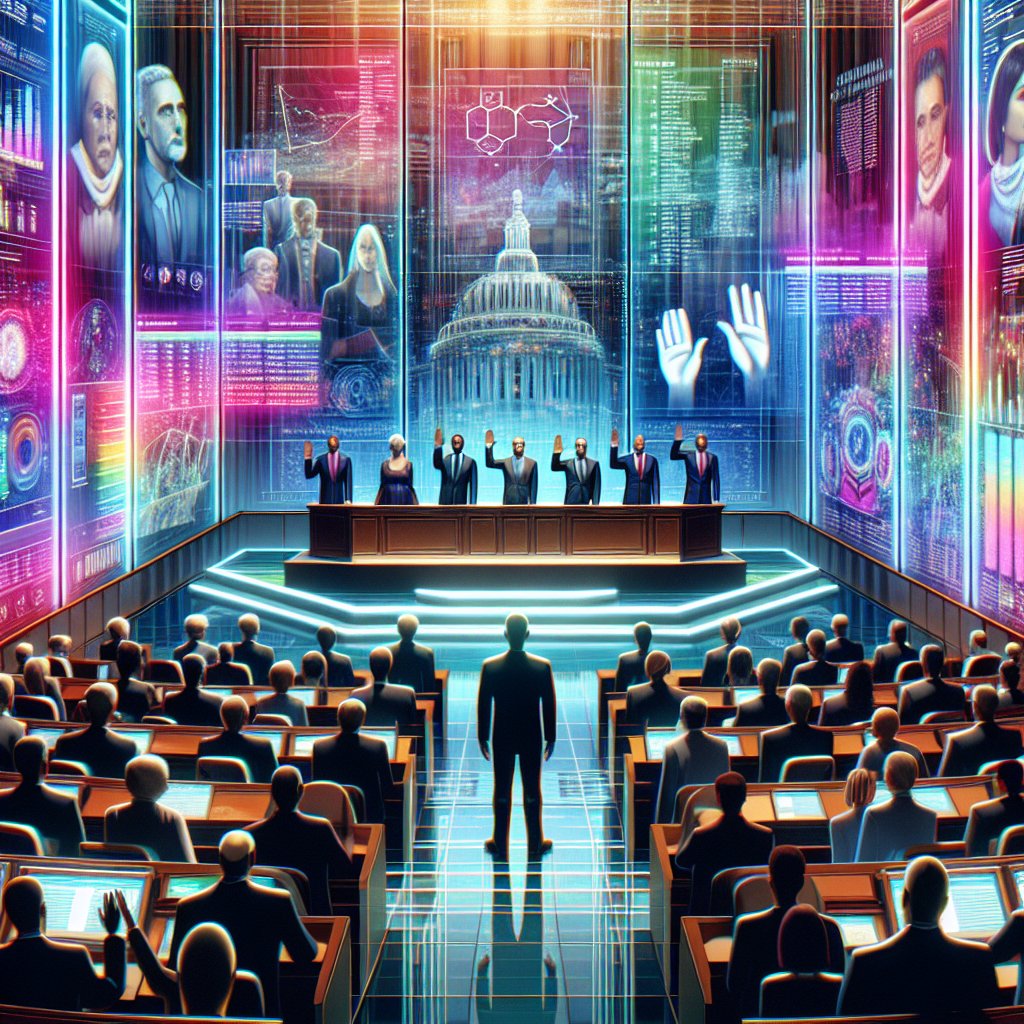Image created by AI
Controversial Figures Sworn In as MK Party MPs Amid Allegations of Cronyism and Corruption
In a move that has stirred controversy, former Transnet executives and associates of ex-President Jacob Zuma have been sworn in as Members of Parliament (MPs) for the uMkhonto weSizwe (MK) party. Brian Molefe, Siyabonga Gama, Mzwanele Manyi, and Lucky Montana have filled vacancies after an internal party ousting earlier this month.
These appointments have drawn fierce criticism and allegations of cronyism, as none of the four were on the MK party’s list for the May elections. Their arrival in parliament comes after the MK party, now positioned as the official political opposition, witnessed significant internal strife leading to the ejection of 15 MPs.
Brian Molefe and Siyabonga Gama, figures central to the state capture scandal unearthed by the Zondo commission of inquiry, now find themselves back in the political arena. Molefe is set to return to court on charges of fraud, corruption, and money laundering related to Transnet's acquisition of over a thousand locomotives at inflated prices. Similarly, Gama faces charges after being implicated in transactions favoring Gupta-linked entities.
Lucky Montana, the former head of the Passenger Rail Agency of South Africa, was also found by the commission to have directed tender processes. Meanwhile, Mzwanele Manyi, a former government official and recent spokesperson for Zuma's foundation, joined MK party ranks after defecting from the Economic Freedom Fighters.
In the wake of these appointments, George Mikalakis of the Democratic Alliance condemned the MK party’s decisions, labeling the new MPs an embarrassment to Parliament and a clear sign of corruption's deep roots in South Africa's political framework. He criticized the MK party for altering their candidate list post-elections, suggesting it betrays the democratic system's integrity by obscuring voters' true representation.
The MK party's actions highlight ongoing post-apartheid political challenges in South Africa, raising profound questions about democracy and the supposed accountability mechanisms in the nation's governance.










